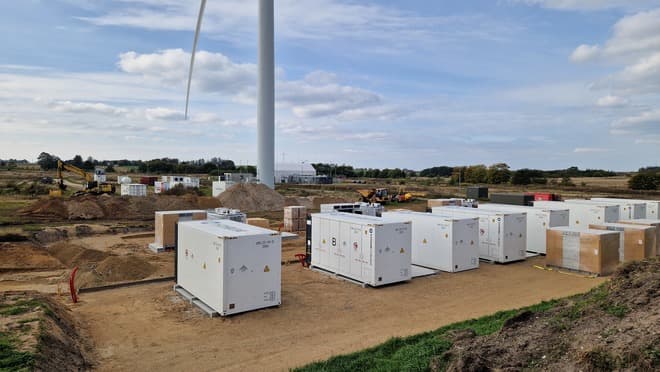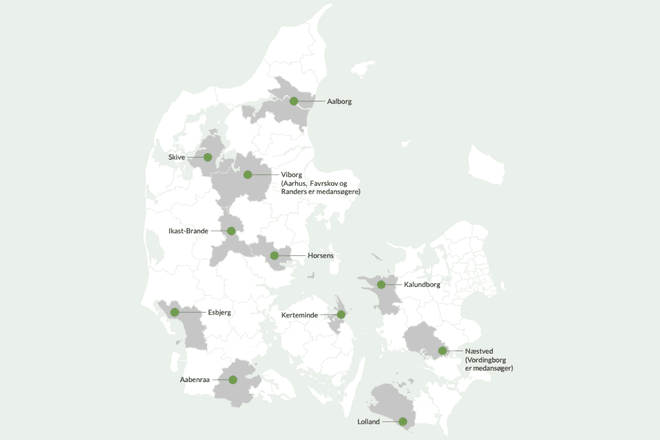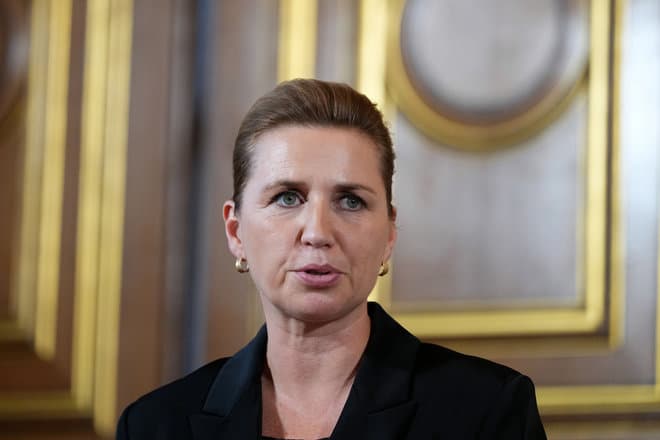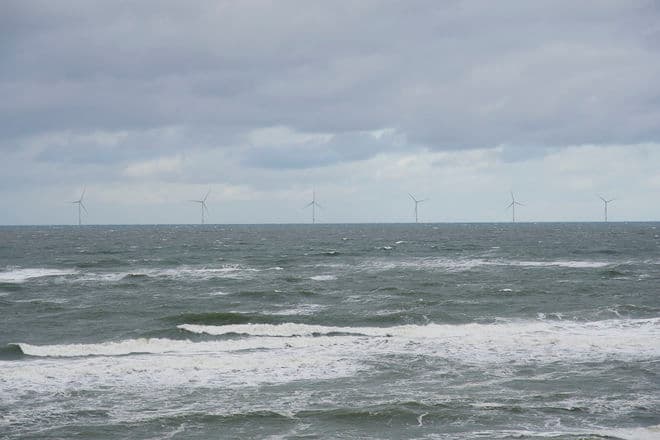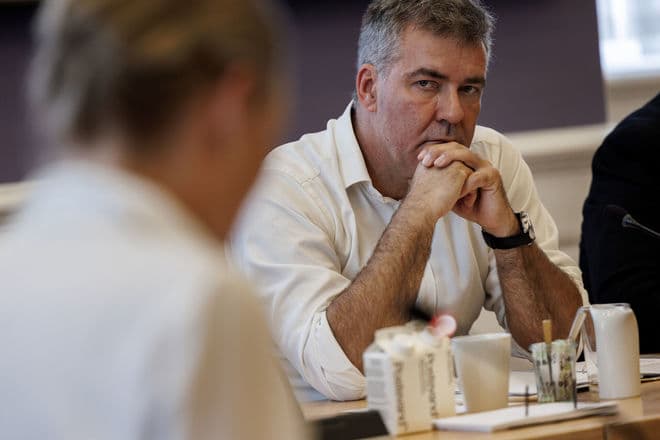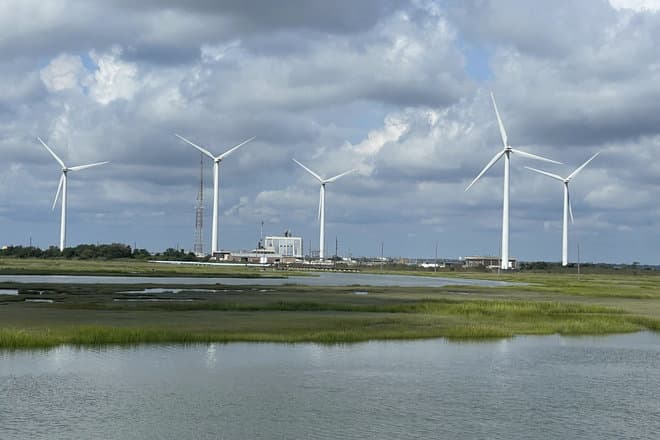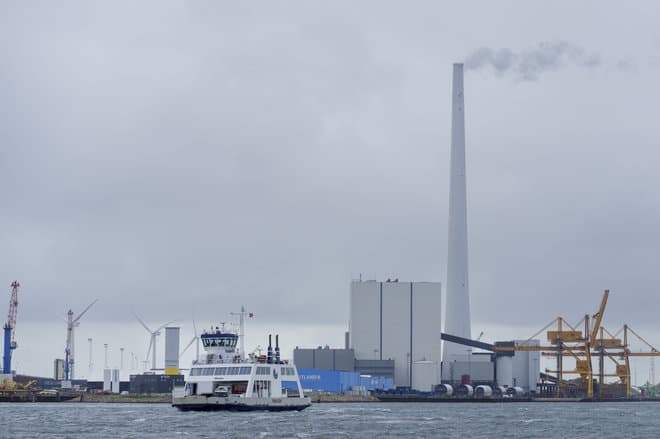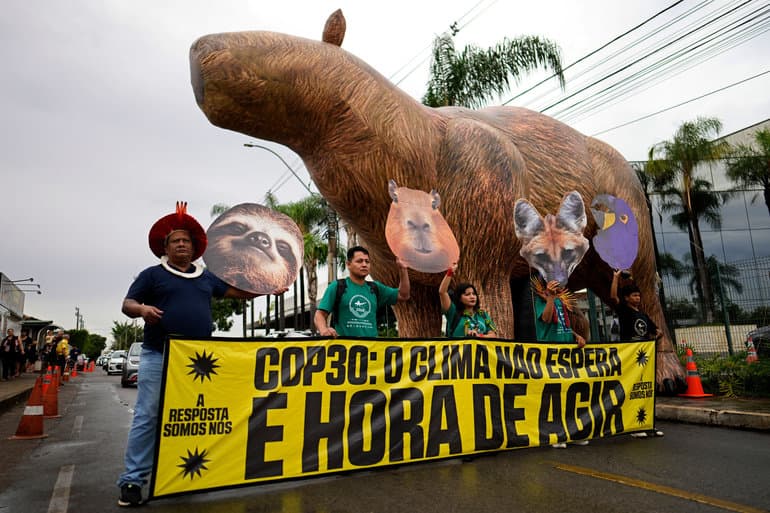
There is both good and bad news to be found in the latest climate pledges from countries around the world. Governments around the world have updated their plans for climate action ahead of the UN climate summit COP30 in Belém, Brazil, next month. The UN Framework Convention on Climate Change (UNFCCC), which coordinates international climate action, has now reviewed and analyzed them. The plans apply for the next ten years.
The good news first. If the pledges that the world's countries have now made are kept, global CO2 emissions will fall by ten percent by 2035 compared to 2019 levels. This is the first time that the UNFCCC has predicted a steady decline in global emissions, which have been rising steadily since 1990.
- Humanity is now clearly bending the emissions curve downward for the first time, although it is still not fast enough, says Simon Stiell, head of the UNFCCC, in a statement.
- So even if the direction is improving every year, we seriously need to increase the pace and help countries step up climate action.
Not at all
This leads to the bad news that Simon Stiell's statements hint at. The ten percent reduction is far from enough.
With the Paris Agreement from 2015, the world's countries have set a goal of limiting global warming to a maximum of 2.0 degrees and preferably 1.5 degrees compared to pre-industrial levels.
The limit is set at 1.5 degrees because temperature increases above that will lead to more irreversible damage and more serious consequences for humanity. If the goal is to be kept alive, global emissions must fall by 60 percent by 2035.
According to Simon Stiell, there is therefore no doubt that the ambitions at the climate summit in Brazil, which begins on November 10 and lasts two weeks, should be very high.
- It is now time for COP30 and the world to respond and show how we will step up the pace. We are still in the race. But to ensure a habitable planet for all eight billion people today, we must quickly step up the pace both at COP30 and every year thereafter, he says.
More uncertainties in analysis
There are uncertainties in the UN analysis. Only 64 of the almost 200 countries in the Paris Agreement had submitted their final climate plans by the deadline in September. These countries account for 30 percent of global emissions.
Therefore, the analysis is also based on targets that countries have published but not officially submitted to the UN. This applies, for example, to targets from China and the EU.
China is the world's largest polluter and accounts for 29 percent of global emissions. The country pledged last month to cut its emissions by seven to ten percent by 2035 compared to the peak level, which is expected to have already been reached or soon to be reached.
At the same time, China aims to "do better" than the target.
The EU wants to cut emissions by between 66.25 percent and 72.5 percent compared to 1990 levels by 2035.
The analysis also includes US promises from 2024 to reduce CO2 emissions, although these are plans that US President Donald Trump is expected to scrap. He has, as he did in his first term, chosen to withdraw the US, the world's second-largest CO2 emitter, from the Paris Agreement.
Average global warming is currently around 1.4 degrees. Many scientists estimate that the 1.5 degree limit could be breached before the end of this decade, because large quantities of oil, coal and gas are still being burned.
However, the scientists emphasize that it is still worth fighting temperature increases. Every decimal point higher in temperature has an impact on what the world will look like in the future.
/ritzau/
Text, graphics, images, sound, and other content on this website are protected under copyright law. DK Medier reserves all rights to the content, including the right to exploit the content for the purpose of text and data mining, cf. Section 11b of the Copyright Act and Article 4 of the DSM Directive.
Customers with IP agreements/major customer agreements may only share Danish Offshore Industry articles internally for the purpose of handling specific cases. Sharing in connection with specific cases refers to journaling, archiving, or similar uses.
Customers with a personal subscription/login may not share Danish Offshore Industry articles with individuals who do not themselves have a personal subscription to Danish Offshore Industry.
Any deviation from the above requires written consent from DK Medier.

